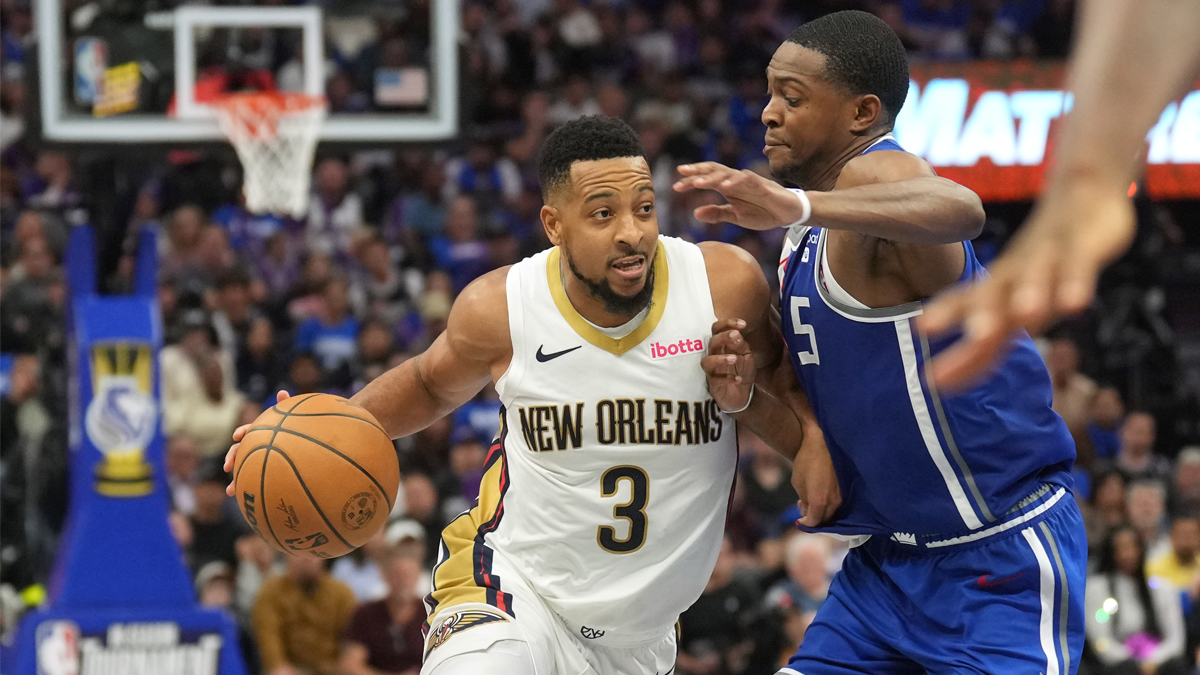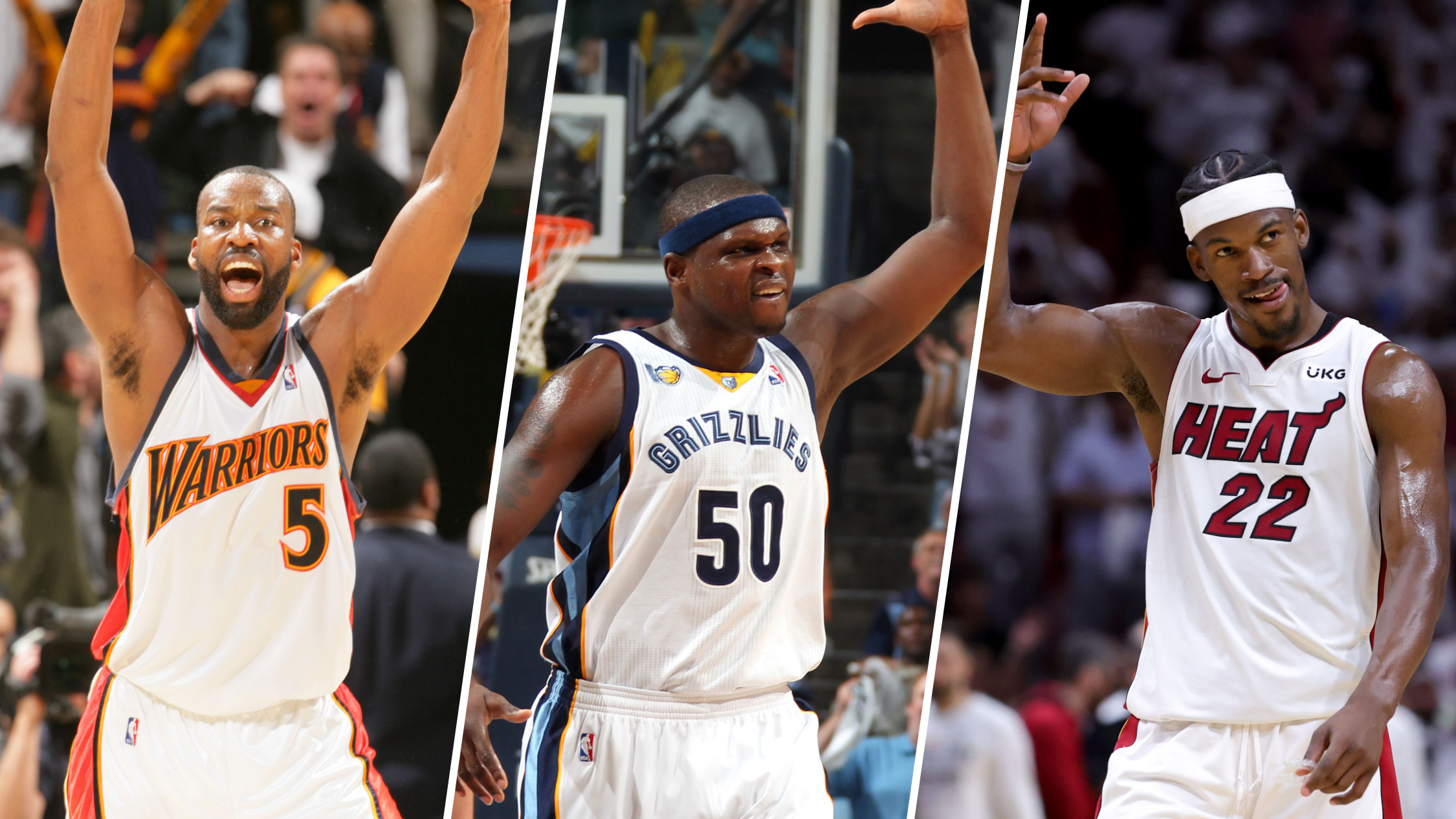The show apparently must go on in the NBA, as long as you’re able to put uniforms on eight players.
The Sixers did that Saturday — just about. Mike Scott dressed for the team’s afternoon game against the Nuggets, though head coach Doc Rivers did not feel the veteran forward was fit to participate after missing the previous four games with a left knee contusion. Outside of Dwight Howard and Danny Green, 23-year-old center Tony Bradley possessed the most NBA experience of the Sixers available to play. A seven-man squad lost to the Nuggets, 115-103, and so one of the 72 games the Sixers are supposed to complete is checked off.
It wasn’t necessary to play Saturday. Recognizing that COVID-19 cases were expected to spike over the winter, that playing in home markets would be more difficult than a Disney World “bubble,” and that postponements could become unavoidable, the NBA last month released only the first half of its 2020-21 schedule. Putting aside the fact that basketball is a non-essential activity with over 367,000 deaths in the United States from COVID-19, according to the CDC, why did a Sixers-Nuggets game need to take place on Saturday, Jan. 9? Would a rescheduled March game in which both teams were healthy not have sufficed?
Stay in the game with the latest updates on your beloved Philadelphia sports teams! Sign up here for our All Access Daily newsletter.
The Sixers, of course, were far from healthy. Rivers confirmed before the game that he learned of Seth Curry’s positive COVID-19 test during the Sixers’ loss Thursday night to the Nets. The team stayed at its Brooklyn hotel after the game, awaited guidance from the NBA and eventually arrived back in Philadelphia after midnight. Whether a game would take place Saturday and who would be available remained murky until Rivers' pregame media availability. Even then, the statuses of Tobias Harris, Matisse Thybulle, Shake Milton and Vincent Poirier were hazy outside of the fact that they couldn’t play against Denver because of the league’s health and safety protocols.
“We don’t know,” Rivers said. “We don’t know anything. … They were, I think, at a table (with Curry). It wasn’t, like, close contact, so maybe that’ll shorten their days (out). I don’t know that; I don’t know anything about any of this. Especially today, I want to make the statement that Doc is a nickname, because I clearly don’t know the medical part of this whole thing.”
Rivers also attempted to explain Ben Simmons and Joel Embiid’s absences. Though the Sixers’ stars were permitted to play under the health and safety protocols, the team listed Simmons as out with left knee swelling and Embiid out with back tightness on the NBA’s official 1:30 p.m. injury report. Neither injury had been mentioned in the previous night’s report.
“It has nothing to do with they’re just not playing,” Rivers said. “Ben in the Brooklyn game had some knee stiffness. So we almost probably knew after the game that he wouldn’t play tonight. And then Joel started complaining about his back — started yesterday. And we didn’t know if he was playing or not but honestly, with the minutes we would have to ask (from him), it would be insane to play him tonight.”
NBA
Once Rivers wrapped up answering reporters’ questions, he did his best coaching a team with four rookies. He seemed to enjoy it, too, lauding Tyrese Maxey’s 39-point performance, Paul Reed’s knack for emerging with loose balls, and Green and Howard’s support for their much younger teammates. To Rivers, there were opportunities for teaching and youth development.
To a spectator, this was a novel viewing experience. A 20-year-old playing 44 minutes, feasting on floaters and scoring 18 more points than any player on a team that appeared in the Western Conference Finals last season is fun. Fans slog through the mundane games hoping for those kinds of joyful oddities.
None of that needed to happen, though, and Maxey’s impressive showing doesn’t retroactively justify any of the decisions that preceded it. The Sixers may dodge a COVID-19 crisis, have a mostly healthy team in a couple of weeks and resume something that resembles a normal season. Again, that ideal series of subsequent events wouldn’t mean an eclectic mix of seven players needed to lose a Saturday afternoon game.
Maxey, Isaiah Joe and Dakota Mathias all played over 40 minutes, which is a concern for Rivers. He said before the game that he was worried about his players, and he reiterated postgame that COVID-19 is not the only health and safety issue the NBA should consider.
“… I think again, what we’re missing in this is COVID created this, but the concern is not COVID now,” he said. “The concern is injuries because guys are playing so many minutes, because we don’t have enough guys. I think, if I was deciding games in that way, I would be very careful if I (was) the league, because you don’t want that to happen either. For example, I’m looking at our stat sheet and we had … three guys (over 40 minutes), and it couldn’t be avoided. And now we play again in two days, and then we play again. “
Denver might not have been pleased if Saturday’s game was postponed. While the Sixers were obviously at a competitive disadvantage, the Nuggets could have made a compelling argument that it would’ve been unfair not to play this game as scheduled, provided it was mandated under the letter of the NBA’s law.
None of the on-court results are as important as the people involved. Even for athletes in their primes, COVID-19 can have serious, scary impacts. And players aren’t the only ones popping from city to city across the country this season. Traveling parties include coaches, trainers, public relations staff and more. Like many other businesses in the country, the NBA’s overarching aim is supposedly to go about its typical operations while mitigating risk as much as possible.
That sounds fair enough, and it's good that the league is emphasizing mask wearing, regular testing and contact tracing. Still, it's a fragile concept. The safest options for this NBA season would've been to not play at all, or to play in another bubble. With neither option on the table and financial considerations at the forefront, the league’s hope was to find a sensible middle ground between plowing forward at all costs and protecting workers.
Perhaps the NBA will get to that point and refine its processes. The reasonable choice Saturday, though, was to pause.


